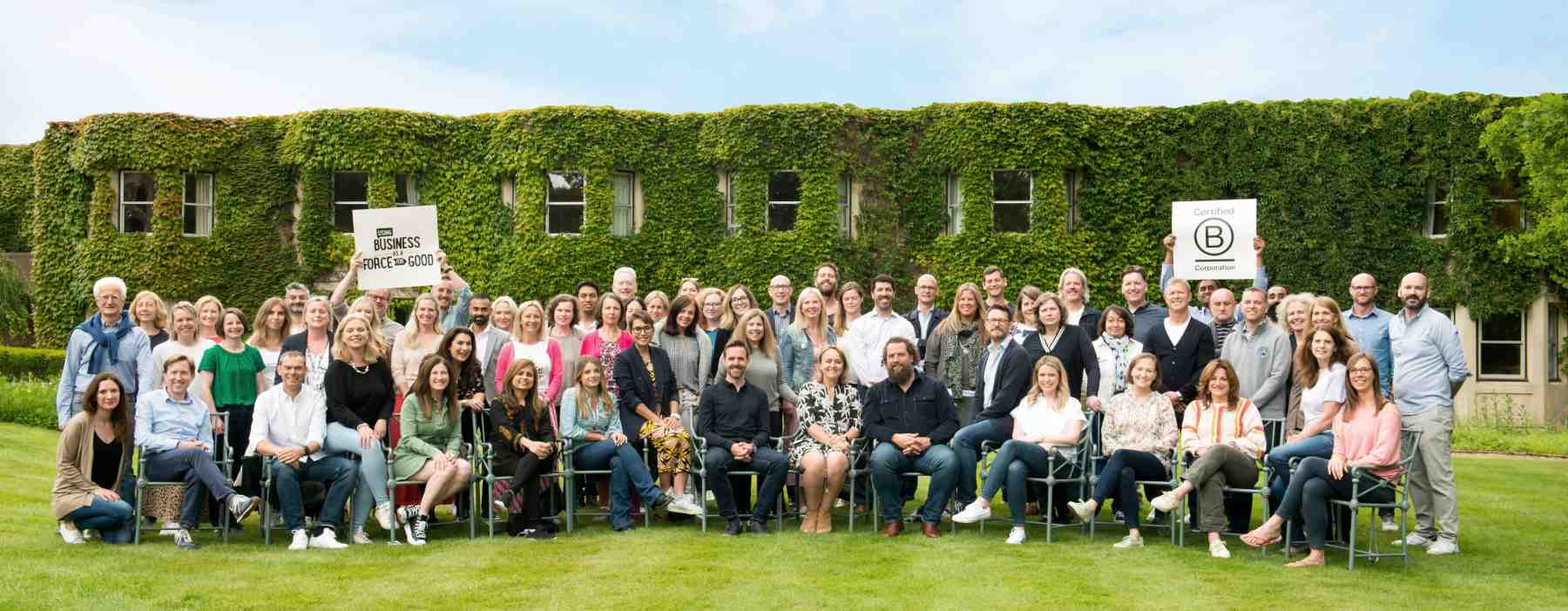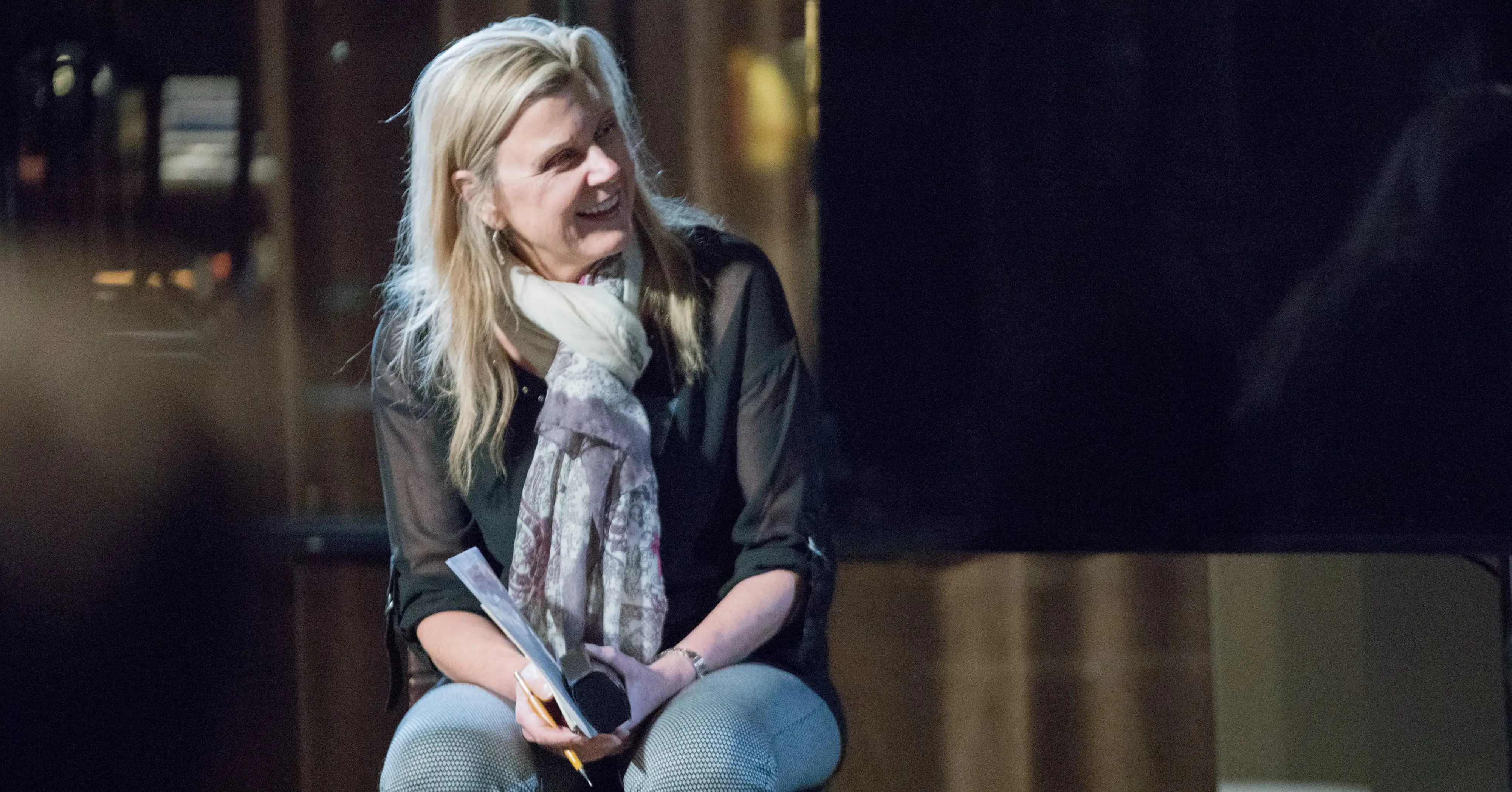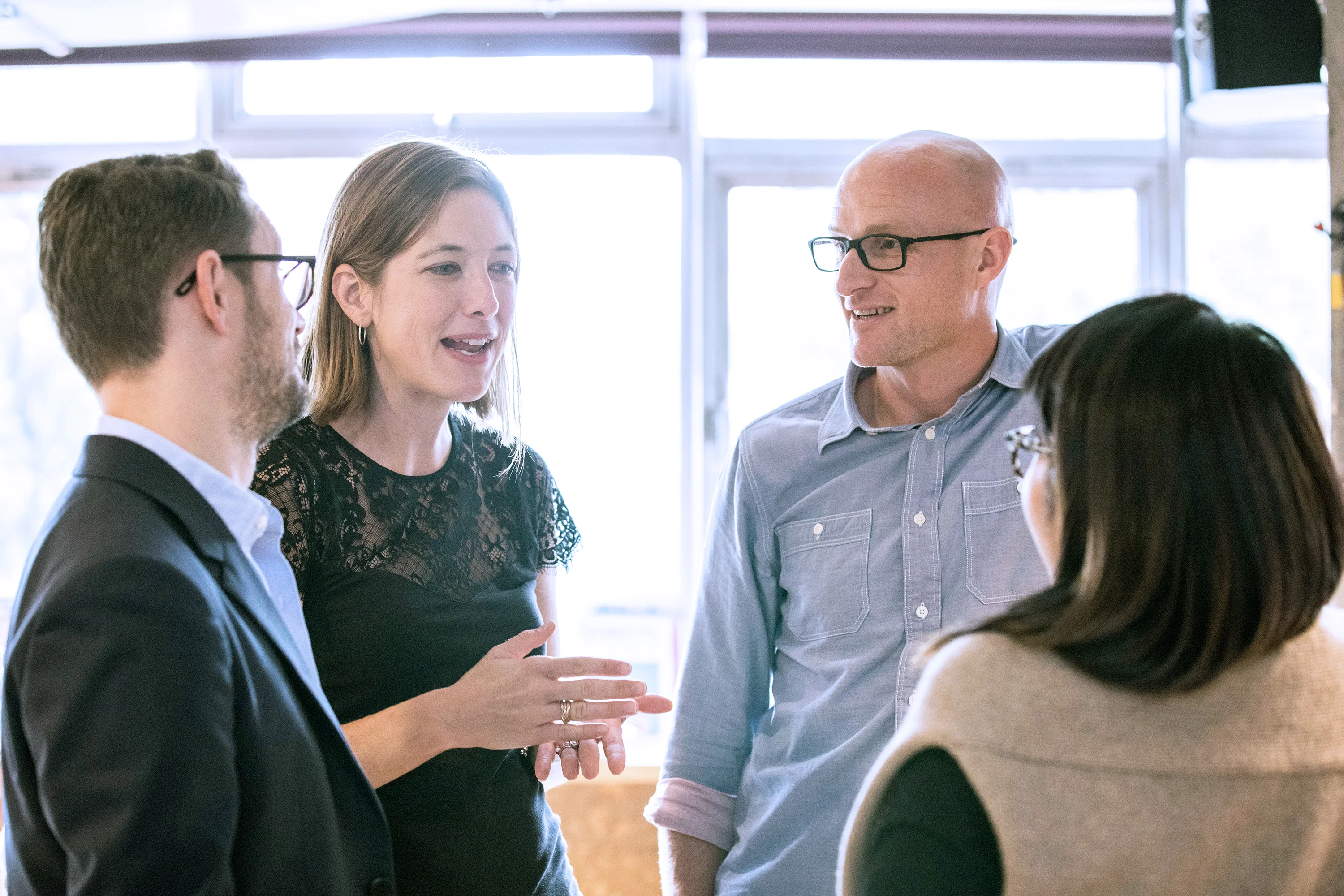What is Corporate Social Responsibility and How Can We Do It Right?
Corporate Social Responsibility or CSR is often used to describe the actions a business takes that are beyond its responsibility to maximise profits and shareholder returns. In other words, CSR is the actions a company takes that are good for people, the planet and society.
Why would a company take such actions? Companies typically embrace Corporate Social Responsibility because they have realised that they have more stakeholders than simply shareholders. Stakeholders such as employees without whom they won’t be successful, the communities in which they are based whose support they need, and the politicians that set the rules within which they are allowed to operate. And all of these stakeholders are people, human beings who want to be healthy and happy and live on a healthy planet.
For most of my business career I was trained to believe that the purpose of business was to serve shareholders, and ultimately the only metric that mattered was money, in the form of profits for the business and returns for shareholders. But something felt really wrong about this. After all, you cannot have a long-term healthy business with unhealthy people and an unhealthy planet. So how do we measure businesses impact on people and the planet? And even if we can't simply or easily measure the impact business has on things that really matter like health, and happiness, it doesn’t make them any less valid as aims. This is something we believe in passionately at Oxford.

At Oxford we believe we can still have and celebrate growth and profit as long as at the same time we change the impact growth has. We need growth that has a positive impact on people and the planet
CSR, or more importantly the positive impact a business can have is increasingly important to employees
Whilst businesses with single-minded focus on money continue to thrive, the society and environment in which they operate is markedly changing. And I think the days of thriving when you are purely focused on money are numbered. As Paul Polman puts it in Net Positive; “Anyone who thinks that you can have infinite growth in a finite environment is either a madman or an economist.” And this statement isn’t something that CEOs can easily kick down the road or dismiss any more (though some are determined to try!); not least because many of their employees are increasingly concerned about this stuff, they are increasingly worried about the negative impacts a business can have, and want the business they work for to be different. True embedded CSR is increasingly non-negotiable if you as a CEO want to recruit and retain the best talent.
And it isn’t just reflected in the values of Millennials and Gen Z – there’s plenty of research to suggest that the generational divide over responsibility is a myth. One such piece of research is the recent UK study, Who Cares About Climate Change: Attitudes Across the Generations which debunked the idea that older generations care less about climate action. And why would I (as an older adult!) care less? This is about the planet and society I am leaving for my children, and potentially their children too.
So why does Corporate Social Responsibility have a bad name in some circles?
For many activists, and increasingly for forward thinking business leaders, Corporate Social Responsibility at its worst has been and still is, a way for businesses to hide activities that are bad for people and the planet behind a ‘CSR programme’.
These programmes often feature hallmarks of what would appear to be a positive framework, that people would be proud to be part of. For example: a sustainability pledge and a date to reach Net Zero, or projects that support underrepresented groups of stakeholders, or commitments to improving employee mental health support. Obviously having good intentions is a great first step, but without implementation they are just words on a piece of paper, or more likely these days a pretty website with lots of pictures of trees. Whilst it's pretty, it's at best tokenism, and at worst a down-right lie. It can also be used to cover up complete hypocrisy: offering a subscription to Headspace whilst simultaneously expecting an all-nighter fuelled by the promise of pizza to finish up a pitch deck is obviously very far from ok. Supporting a children’s education charity, while simultaneously employing school children in your supply chain is not ok. Just because those children work for a supplier, does not absolve you of responsibility.

CSR templates like this are widely available and used as a quick fix in many companies. It can be hard to tell the difference between companies that really are trying to change things, and those simply ticking a box
The mass availability of packaged-up CSR templates that anyone can find with a quick Google, is a good indicator of the way in which many companies view CSR – as a box to be ticked. But your employees are not easily fooled. When a CSR programme is clearly in place for appearances only, rather than an authentic drive to make a meaningful difference, it’s often employees that are the first to realise. There is something deeply uncomfortable about realising that your employer is ‘green washing’, ‘purpose washing’ or to be frank doing any sort of washing! I.e. saying one thing and doing another. We deeply distrust people who do this, and we also deeply distrust businesses that behave in this was. Trust is an incredibly important thing that takes years to build and can be destroyed super quickly. But without trust you can't have a well-functioning organisation.
Many companies that have done harm in the world have had Corporate Social Responsibility teams and programmes. It’s not surprising that these companies, from Perdue Pharma to ExxonMobil, have attracted the anger and attention of NGOs and ethical business leaders. Many have rightly been accused of virtue signalling to people with their CSR programmes, whist continuing to do massive harm to people and the planet.
And it’s a habit that many big organisations are seemingly struggling to break out of, and a long-standing approach to business. As David Gelles, author of the Man Who Broke Capitalism says, ‘we’re still trying to dig out of that hole’. The blueprint of successful business has historically been to maximise profits at any cost and nowhere is that better exemplified than in the way Jack Welch ran GE in the 80s. Alarmingly, Gelles book demonstrates how many companies (including household names like Uber) continue to operate in this ‘corrosive’ way today. It’s vital that we undo this kind of legacy rather than accept it as a business practice and bolt-on a CSR programme to paper over the cracks.
What is the future of CSR?
The fundamental weakness of CSR is that it sees the actions a company takes that are good for people and planet as a separate thing to the actions a company takes that are good for its profit.
The weakness of this is that CSR is always a ‘side gig’ to what the business really does. But how about a different view of the world, and the role business can play in it?
CSR 2.0: A different, more inspirational belief about the role business can play in the world
Here at Oxford we believe we can still have and celebrate growth and profit, as long as AT THE SAME TIME we change the impact growth has… so it stops driving negative social impact, climate change and environmental destruction and becomes a genuine force for good for people AND the planet. And we believe that’s what most people want, and because of this it will also be good for profit.
So we need to stop thinking about ‘CSR’ as a separate team and programme to the core business, and starting thinking about how the core business can thrive and grow by being a force for good for people and the planet. We call this Good Growth. Think of it as CSR 2.0, where CSR becomes central to how the business operates, and part of what everyone does.
What does a business that’s embraced CSR 2.0 or Good Growth look like?
A business that’s embraced CSR 2.0 or Good Growth will have a credible plan to get to net zero as soon as possible, as without a healthy planet there is no healthy future for businesses. It will also have identified within its core business how it can have a positive impact on social and environmental problems, and be clear on how doing this helps drive profit and growth. And it will be working in partnership with others to do this, both other businesses, NGOs and governments.
A great example of how CSR is totally embedded in a company is of course, Patagonia. With goodness embedded from the start, it’s a shining light in how to do business right and started as experiment to do things differently, for the good of the planet. Founder Yvon Chouinard has really taken rethinking capitalism to a level that others can only aspire to. With the recent announcement that they are giving away the company to help fight the climate crisis, it's bold moves like that set the tone. Not everyone can begin and end with such noble goals, and large multinational organisations have plenty of work to do to, but it must start with a genuine commitment to change. We see this in some large organisations such as Unilever, where the commitment is there to change, whilst still acknowledging how much they need to do.
Carol Garbutt
Carol is a Practice Head at Oxford, with a single objective of delivering behaviour change with consumers, customers, colleagues and citizens.
If you’re interested in learning more about Corporate Social Responsibility, Good Growth, and how your business could become a force for good for people, planet and profit, please get in touch.

Share this
You May Also Like
These Related Stories

Is Business Transformation Just Business As Usual?

How a Clear Purpose Can Drive Growth

.png?width=657&height=57&name=OXFORD%20LOGO%20(1).png)
No Comments Yet
Let us know what you think